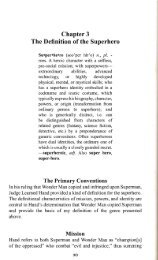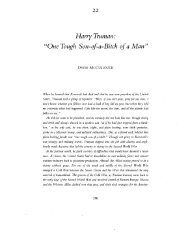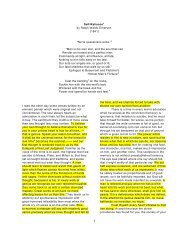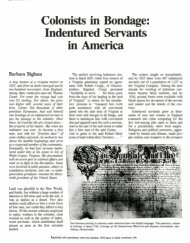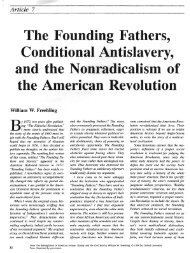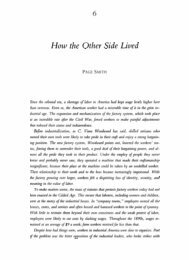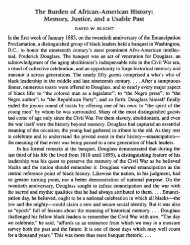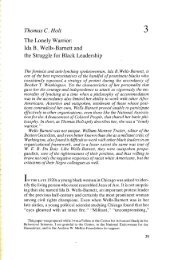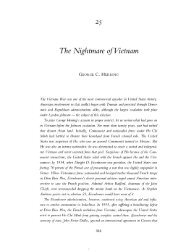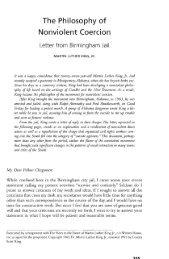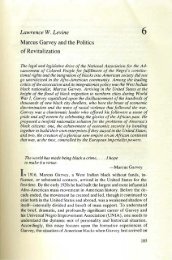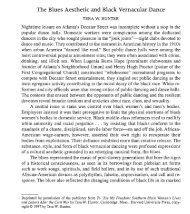Mary - Journeytohistory
Mary - Journeytohistory
Mary - Journeytohistory
Create successful ePaper yourself
Turn your PDF publications into a flip-book with our unique Google optimized e-Paper software.
2 - 4 From Slavery to FreedomSort1. CarolinaBlachs SeekReliej-'1865We are fully conscious that we cannot long expect the presence ofGovernment agents, or of the troops to secure us against eviltreatment from unreasonable, prejudiced, and unjust men. Wehave no desire to look abroad for protection and sympathy. Weknow we must find both at home, among the people of our ownState, and merit them by our industry, sobriety and respectful demeanor,or suffer long and grievous evils....We most earnestly desire to have the disabilities under whichwe have formerly lived removed; to have all the oppressive lawswhich make unjust discriminations on account of race or colorwiped from the statutes of the State. We invoke your protection forthe sanctity of our family relations. Is this asking too much? ....Though associated with many memories of suffering as wellas of enjoyment, we have always loved our homes, and dreaded,as the worst of evils, a forcible separation from them. Now thatFreedom and a new career are before us, we love this land andpeople more than ever before. Here we have toiled and suffered;our parents, wives and children are buried here, and in this landwe will remain, unless forcibly driven away...."Address from the Convention of the Colored People of North Carolina." New York.Dail)' Tribune. October 7. 1865.how free was free? In those early days follOWing the close of the war, they foundit increasingly difficult to live out their notions of freedom as they had dreamedof it during slavery. In the summer and fall of 1865 they held several conventions,all looking toward an improvement in their condition. A black conventionin Nashville protested seating the Tennessee delegation to Congressbecause the legislature had not passed just laws for African Americans. It alsodemanded that Congress recognize black citizenship. A group of 120, meetingin Raleigh, North Carolina, declared that they wanted fair wages, education fortheir children, and repeal of the discriminatory laws passed by the state legislature.Mississippi blacks protested reactionary policies in their state and askedCongress to extend the franchise to them. It was the same thing in Charlestonand Mobile: blacks were demanding suffrage, the abolition of Black Codes, andmeasures for the relief of suffering.While the pleas of blacks were largely ignored in the South, Northerners ofboth races worked to relieve their distress. Private organizations had taken upthis work during the war, and considerable pressure was applied to Congress asearly as 1863 to assume responsibility for the welfare of needy whites andblacks in the South. Military commanders did whatever they could or wantedto do with regard to relief.



